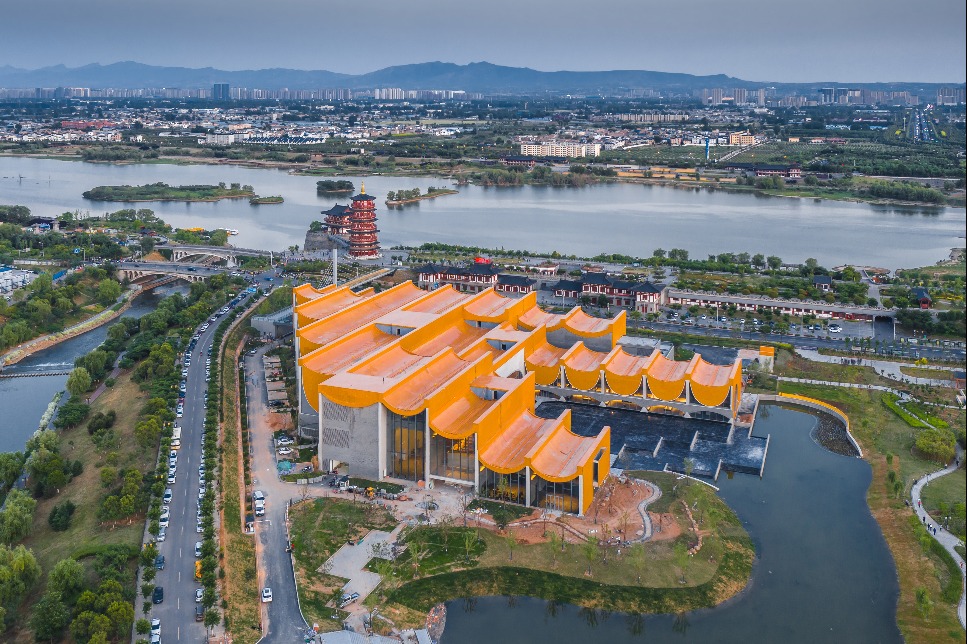Beautiful China Initiative aims to shift to more new energy
By Hou Liqiang | chinadaily.com.cn | Updated: 2024-01-11 21:11
Chinese central authorities have unveiled a guideline for promoting the Beautiful China Initiative, a top-level development blueprint detailing specific targets for a wide range of sectors for the nation's green and high quality growth.
Jointly issued by the Communist Party of China Central Committee and the State Council, the document was made public on Thursday.
The green, low-carbon transformation in key industrial sectors is one of the key features in the guideline.
While making concerted efforts to make the country's industrial sectors more digitalized, intelligent and green, it said China will accelerate the construction of a modern industrial system supported by the real economy by vigorously boosting the development of emerging strategic industries, high-tech industries, green and environmental industries and modern service industries.
Measures will be taken to resolutely curb the blind development of smokestack industries with high energy consumption and emissions, it added.
The country will strive to accelerate energy-saving and carbon reduction transformations in existing buildings and municipal infrastructures, and promote the development of low-carbon buildings with ultra-low energy consumption, it stated.
The document includes a series of measures to speed up green transformation in the transport sector.
More cargo, for instance, will be shifted via railways and waterways, it noted. More railway stations, civil airports, ports and logistics parks will be transformed for even greener operation and more railway lines will be powered by electricity.
The country aims to see 45 percent of its newly added automobiles fueled by new energy by 2027, it continued.
It stressed that China will make consistent efforts to forge ahead with the campaign for air pollution control, vowing to reduce the average concentration of PM2.5 particulate matter across the country to below 28 micrograms per cubic meter by 2027 and aiming to be lower than 25 mcg/ cubic m by 2035.
The average density of PM2.5 in the country's 339 major cities stood at 29 mcg/ cubic m in 2022, according to the Ministry of Ecology and Environment.
The document also vows to increase the country's forest coverage rate to 26 percent by 2035.
According to National Forestry and Grassland Administration in 2022, the country had over 24 percent of its land area covered by forest.
























